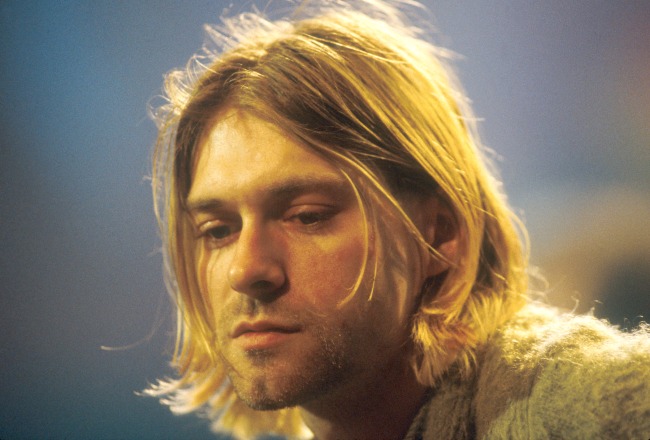
Last week would have been Jeff Buckley’s 49th birthday. Sadly, Buckley died at the age of 30 after drowning to death in May 1997. During his short life, he released just one proper album, 1994’s Grace, which is rightfully viewed as an all-time classic. Along with stunning original compositions like “Lover, You Should’ve Come Over,” and “Mojo Pin,” he gave us the definitive version of Leonard Cohen’s “Hallelujah.” While a compilation of demos for a planned follow-up called Sketches for My Sweetheart the Drunk was released a year after his death, Grace remains the only completed vision that Buckley ever released. This, of course, leaves us to wonder what might have been.
It’s possible that if Buckley had lived these past two decades, he would have released brilliant album after brilliant album, solidifying himself has one of the greatest songwriters of all-time. Then again, Grace could have just as soon been his peak; the album he would’ve spent the rest of his career chasing in vain. Sadly, we’ll never know. But as tragic as it is when an artist like Buckley dies at such a young age, the one admittedly ugly positive aspect of it is that it allows us to project up. Rather than think about the possibility that Buckley’s later work would have been disappointing, we can listen to Grace and ponder what genius he would have given us had he not been taken away so soon.
This concept could, of course, be applied to dozens of other artists, including Buckley’s father, Tim, who passed away at the age of 28, albeit after a much longer studio career, which included nine proper albums. A year before Tim Buckley’s 1975 death, the world lost Nick Drake, whose legend has only grown since his 1974 death. Drake released just three studio albums, the final of which, Pink Moon, is often considered his masterpiece. As with Buckley, it’s hard to shake the thought that, perhaps if he had lived longer, he would’ve given us something utterly incomprehensible in its brilliance.
The thing is, one could argue that not getting to hear the lesser albums these artists could have potentially made is just as tragic as the theoretical masterpieces they might have given us. Think about it, sure, another Nirvana album on par with Nevermind would have been amazing. But what about the types of noble failures Cobain might have given us if he was still here? Maybe there would have been a bloated triple album that was loathed upon release, but worshiped by diehard fans. Better yet, maybe Cobain’s contempt for mainstream success would have led to him going full Lou Reed and releasing some Metal Machine Music guitar feedback that you just know some people would have convinced themselves was the greatest album of all-time. The failures don’t even have to be noble; they could be outright trainwrecks. Maybe if John Lennon had been alive in 1986, he might have released a synth-pop album as terrible as Paul McCartney’s Press. If so, shouldn’t the loss of that album be just as tragic as the loss of a potential Imagine II? In either case, a great artist died before we could see everything they might have given us.
When thinking of the albums artists would have made if not for their tragic deaths, it’s hard not to think about the absolute best-case scenario; how that third Joy Division album would have redefined music as we know it if Ian Curtis had only been alive to make it. But I would argue that it’s just as sad to ponder the missteps they might have made. Nick Drake never got the chance to make a bad album. Neither did Jeff Buckley. We put these artists on a pedestal because the work they did give us exclusively was great. We never got to see their imperfect side; we never got to see them try and fail. In a certain regard, that might be the greatest tragedy of all.






